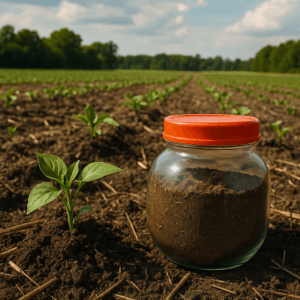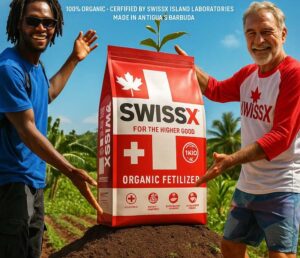Suriname grapples with one of the highest suicide rates globally, largely due to paraquat, a readily available pesticide resulting in numerous tragedies.
**Suriname's Struggle Against Lethal Pesticides: A Push for Change**

**Suriname's Struggle Against Lethal Pesticides: A Push for Change**
In a bid to reduce suicide rates, Suriname aims to limit access to paraquat, a highly toxic pesticide.
Suriname, a small nation located on the Atlantic coast of South America, faces a tragic public health crisis with one of the highest suicide rates in the world. A significant contributor to this troubling statistic is paraquat, a widely used pesticide that, in small doses, can be fatal. Every year, pesticide-related suicides claim more than 100,000 lives, particularly in agricultural communities across developing countries, yet the severity of this issue has long been neglected.
In recent years, a coalition of researchers and philanthropists has emerged, advocating for the limitation of access to dangerous pesticides like paraquat. They argue that proactive measures to restrict these lethal substances could represent one of the most effective and affordable strategies to save lives. Paraquat, notorious for being quickly absorbed into the body without any available antidote, can cause multi-organ failure and death within hours or days—even if the individual may wish to retract their decision after ingestion.
Dr. Esther Fong, an emergency physician working in Suriname’s busiest hospital, witnesses the heartbreaking outcome of paraquat poisonings firsthand. “You see the death written on their foreheads,” she expressed, lamenting the hospital's inability to intervene once the damage is done. This sentiment is echoed among paramedics, educators, and community members, who recognize the pervasiveness of paraquat in rural homes. As Ashna Badrising, an instructor at the E.H. Cabell School, observes, “It’s very easy to find, and most every house has one bottle or more.”
The call for change is stronger than ever in Suriname as local advocates and global supporters collide to address this welfare issue, aiming to restrict dangerous pesticide access and ultimately reduce the tragic cycle of suicides that plague their communities.
In recent years, a coalition of researchers and philanthropists has emerged, advocating for the limitation of access to dangerous pesticides like paraquat. They argue that proactive measures to restrict these lethal substances could represent one of the most effective and affordable strategies to save lives. Paraquat, notorious for being quickly absorbed into the body without any available antidote, can cause multi-organ failure and death within hours or days—even if the individual may wish to retract their decision after ingestion.
Dr. Esther Fong, an emergency physician working in Suriname’s busiest hospital, witnesses the heartbreaking outcome of paraquat poisonings firsthand. “You see the death written on their foreheads,” she expressed, lamenting the hospital's inability to intervene once the damage is done. This sentiment is echoed among paramedics, educators, and community members, who recognize the pervasiveness of paraquat in rural homes. As Ashna Badrising, an instructor at the E.H. Cabell School, observes, “It’s very easy to find, and most every house has one bottle or more.”
The call for change is stronger than ever in Suriname as local advocates and global supporters collide to address this welfare issue, aiming to restrict dangerous pesticide access and ultimately reduce the tragic cycle of suicides that plague their communities.





















